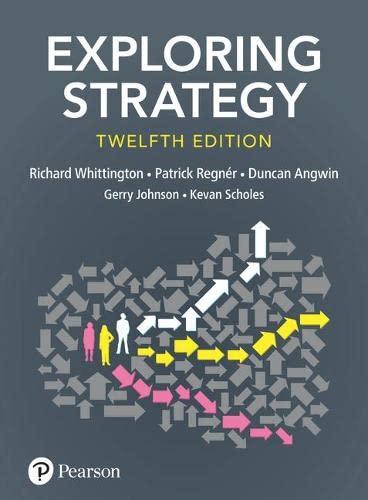Question
You've been busy with employment interviews as of late. You're on the hunt for an executive position in business and have successfully landed two interviews.
You've been busy with employment interviews as of late. You're on the hunt for an executive position in business and have successfully landed two interviews. Reflecting on the outcome of your first interview, you determine that one of your responses failed to impress the hiring manager or committee. It was the question about conflict: "Please tell us about a time where you experienced conflict and the steps you took to resolve it". As part of your response, you mentioned that you're a conflict-avoider. You dislike confrontation and so you've been lucky so far as to not have to resolve conflict in the past. But, focusing on the panel's non-verbal behaviour, you get a clear sense that your response fell flat.
You decide that you need to embellish this response ahead of your next interview. You don't want to fail this one again. You're conflicted though ... you don't want to lie or misrepresent yourself, but, you also feel that you cannot tell the truth since it gives the impression that you're incapable of addressing conflict.
Please answer the questions below:
1. What is your main ethical dilemma?
2. What value judgments and moral standards are you engaging with before using a more systematic approach to ethical decision-making?
3. Select and describe three ethical principles you are likely to use before deciding how to proceed.
Step by Step Solution
There are 3 Steps involved in it
Step: 1

Get Instant Access to Expert-Tailored Solutions
See step-by-step solutions with expert insights and AI powered tools for academic success
Step: 2

Step: 3

Ace Your Homework with AI
Get the answers you need in no time with our AI-driven, step-by-step assistance
Get Started


